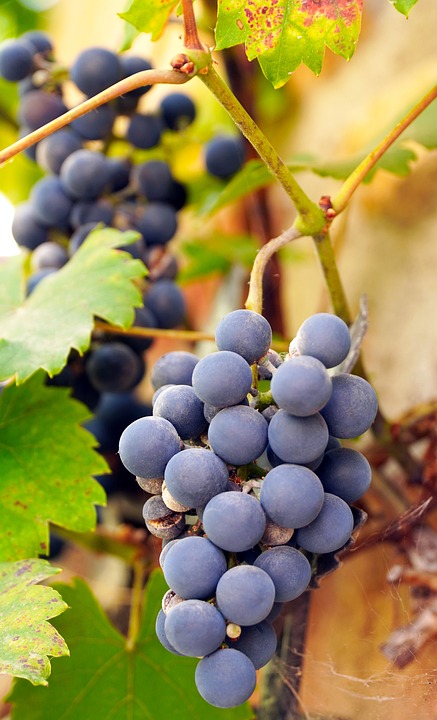Organic Farming: Supporting Biodiversity and Sustainable Ecosystems
Introduction
Organic farming is a sustainable agricultural practice that focuses on maintaining soil health, conserving water resources, and reducing the use of synthetic pesticides and fertilizers. One of the key benefits of organic farming is its support for biodiversity and the creation of sustainable ecosystems. In this report, we will explore how organic farming promotes biodiversity, benefits the environment, and contributes to the overall sustainability of our planet.
Supporting Biodiversity
1. Crop Rotation and Diversity
Organic farmers practice crop rotation, which involves planting different crops in a specific sequence to prevent soil depletion and reduce the buildup of pests and diseases. This practice promotes biodiversity by creating a variety of habitats for different plant species, insects, and microorganisms. In addition, organic farmers often grow a diverse range of crops on their farms, further enhancing biodiversity and supporting a healthy ecosystem.
2. Preservation of Native Species
Organic farming methods prioritize the preservation of native plant and animal species by avoiding the use of synthetic chemicals that can harm wildlife. By creating a more natural environment on their farms, organic farmers provide habitat and food sources for a wide range of native species, including pollinators like bees and butterflies, as well as beneficial insects that help control pests naturally.
Benefits to the Environment
1. Soil Health
Organic farming practices, such as composting and cover cropping, help improve soil health by increasing organic matter content, enhancing soil structure, and promoting beneficial soil organisms. Healthy soils are essential for supporting plant growth, maintaining water quality, and sequestering carbon dioxide from the atmosphere, making organic farming a key strategy for mitigating climate change.
2. Water Conservation
Organic farming methods prioritize water conservation by reducing the use of synthetic fertilizers and pesticides that can leach into waterways and contaminate drinking water sources. By promoting soil health and using water-efficient irrigation techniques, organic farmers help protect water quality and reduce the risk of water pollution, benefiting both the environment and human health.
Contribution to Sustainability
1. Economic Impact
The organic farming industry has experienced significant growth in recent years, with global sales reaching $106 billion in 2019. This growth is driven by increasing consumer demand for organic products, as more people become aware of the environmental and health benefits of organic farming. By supporting organic agriculture, consumers can contribute to a more sustainable food system and help protect biodiversity and ecosystems for future generations.
2. Industry Insights
Major companies in the organic farming industry include Organic Valley, Earthbound Farm, and Driscoll’s, which produce a wide range of organic fruits, vegetables, dairy products, and meats. These companies have made significant investments in sustainable agriculture practices, such as regenerative farming and agroforestry, to reduce their environmental impact and support biodiversity on a large scale. By partnering with organic farmers and suppliers, these companies are helping to drive positive change in the food industry and promote a more sustainable future for agriculture.
In conclusion, organic farming plays a crucial role in supporting biodiversity and sustainable ecosystems by promoting crop diversity, preserving native species, improving soil health, conserving water resources, and contributing to the overall sustainability of our planet. By choosing organic products and supporting organic farmers, consumers can help protect the environment, promote biodiversity, and create a more sustainable food system for future generations.




